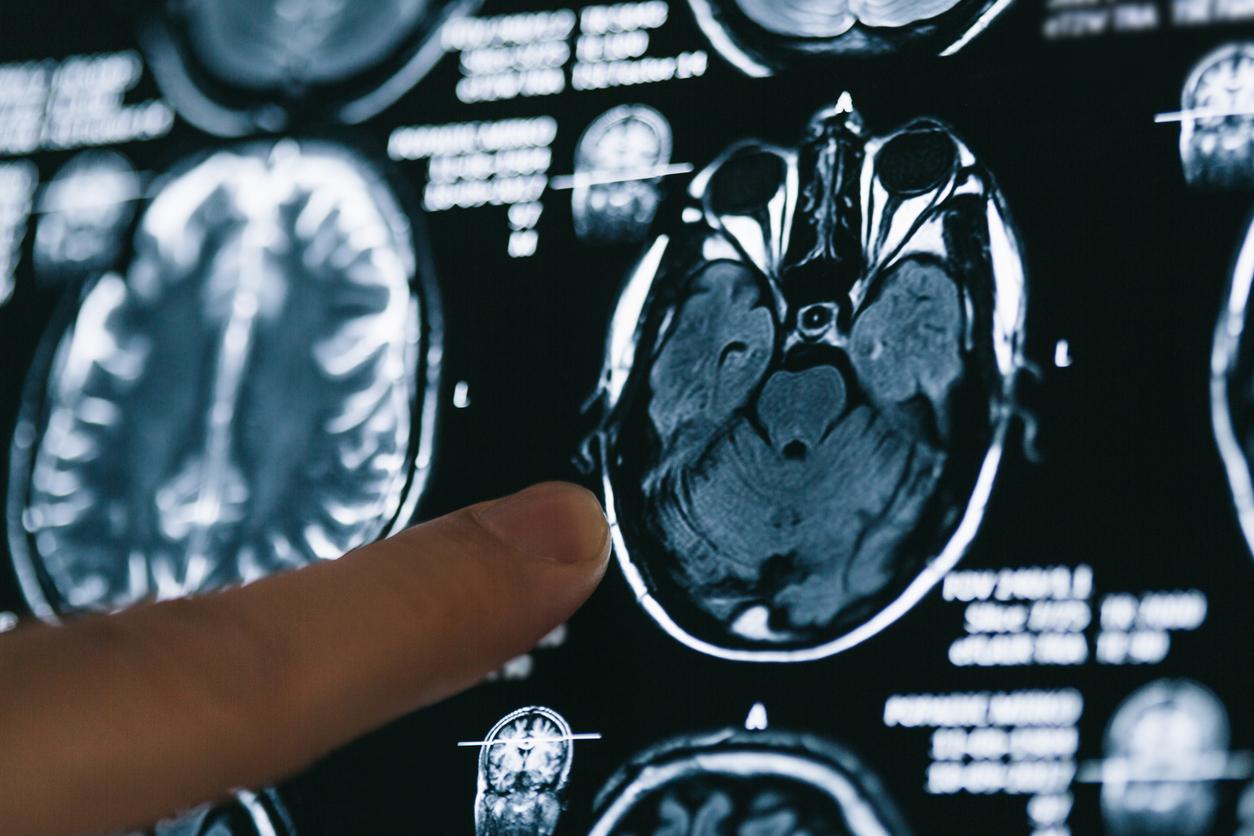We now know more about the effects of Covid-19 on the brain: the infection would cause the deterioration of the endothelial cells of the cerebral blood vessels with the consequence of poor irrigation of this organ leading to neurological disorders.

- Covid-19 very frequently accompanies neurological disorders such as anosmia or a certain mental confusion.
- These disorders would be the consequence of the action of the virus on the endothelial cells of the blood vessels disrupting the irriga
- These disorders would be the consequence of the action of the virus on the endothelial cells of the blood vessels disrupting the irrigation of the brain
Anosmia or loss of smell, but also a feeling of confusion called “mental fog”, even epileptic seizures or even stroke are symptoms linked to Covid-19 which have been observed as the disease develops. pandemic. If a direct infection of the brain by the coronavirus as the cause of these manifestations is still under debate, another explanation is given by a study just published in Nature Neuroscience : such disorders would be the consequence of the effects of infection by SARS-CoV-2 on cerebral vessels which would prevent the proper irrigation of this organ.
“In the brains of people infected with the coronavirus, we found an increased number of empty basement membrane tubes representing remnants of lost capillaries,” explain the authors of this study. They point the responsibility in this destruction of these small blood vessels ensuring the blood supply in the brain of a protease of the virus causing the death of the endothelial cells which constitute the internal coating of the blood vessels.
Disruption of the functioning of the blood-brain barrier
The brain would therefore suffer in people who are victims of an infection by SARS-CoV-2 from damage causing a disturbance in the functioning of the blood-brain barrier and ultimately leading to neurological dysfunction.
Symptoms linked to this mechanism have so far affected a considerable proportion of Covid patients – the Nature Neuroscience study puts the figure at 84% – including patients with mild or very mild forms of the disease.
The identification of this damage to endothelial cells in the blood vessels of the brain could offer a new therapeutic target to treat these neuropathies linked to Covid-19.
.

















